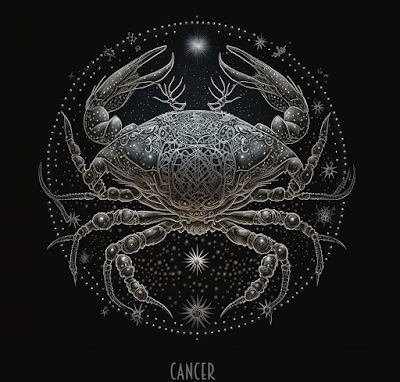Note: I’m highly indebted to John Beckett and Jason Mankey as resources for this post.
Some Pagan festivals land back to back on the calendar. This is one of those times. April 30th and May 1st mark the Pagan festivals of Walpurgisnacht and Beltane, respectively. This year, these two festivals carry special significance.
Walpurgisnacht is named after Saint Walpurgis, who, like the mythical Saint Brigid, was based on a pagan goddess. Walburg was the old Teutonic name for the Earth Mother. The festival of Walpurgisnacht is thought to have originally been part of a continental European pre-Christian May Day festival. The traditions of grain and bonfires on Warpurgisnacht are continuations of pagan festival practices. It’s also a liminal night similar to Samhain when the veil between this world and other Otherworld becomes thin. As a result, it’s a night of magic and witchcraft. In the tale of Faust, on Walpurgisnacht, the protagonist travels to a gathering of witches and demons on a mountaintop. The classic view of Walpurgisnacht as a night of dark magick is beautifully animated in Disney’s Fantasia. The result is Walpurgisnacht has a dark reputation.
Beltane is a Gaelic Pagan May Day festival. Little is known about the pre-Christian pagan practice. Likely a fire festival, like Walpurgisnacht, the Beltane festival was meant to protect cattle from dangerous magic. 19th and early 20th-century writers, like Robert Graves, practiced revisionist history and claimed it was a fertility festival with “orgiastic revels.” While Gardner agreed it was a fire festival, he got caught up in the fertility claim about Beltane. As a result, its sexual reputation continues today in contemporary Paganism.
Both festivals are more important today than ever. The rise of Christian Nationalism threatens the religious freedom of everyone, especially Pagans. Even many who aren’t caught up in the new religious-fascism movements support a thinning of the wall between church and state. Attacks on reproductive rights and the rights of LGBTQ+ are increasing at an alarming rate.
Maybe, just maybe, the dark magick of Walpurgisnacht and the sex-positive festival of Beltane will inspire us Pagans to join other freedom-loving people to fight back. As Benjamin Franklin said, “We must, indeed, all hang together or, most assuredly, we shall all hang separately.”









